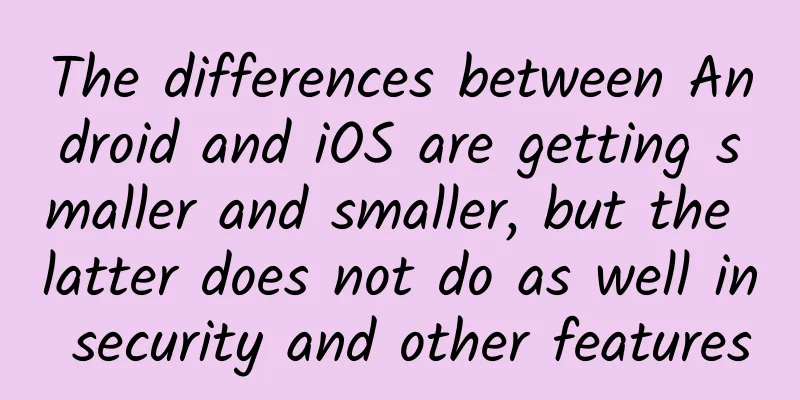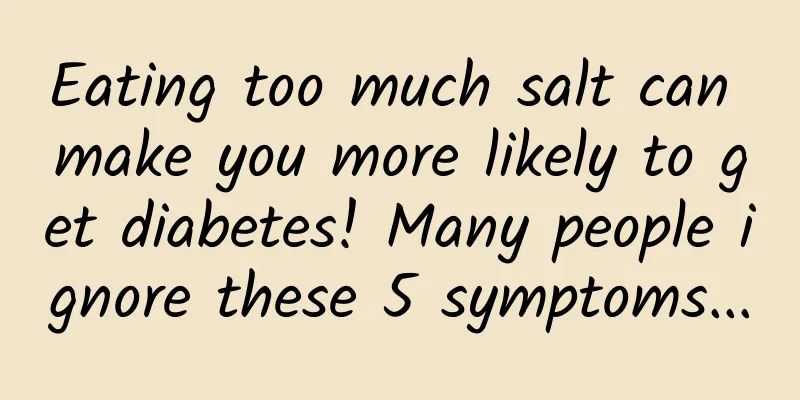The differences between Android and iOS are getting smaller and smaller, but the latter does not do as well in security and other features

|
The debate over the iPhone and Android flagships has become less heated over the past few years, largely due to the fact that the two have copied certain features from each other, making the difference between the two less and less. Still, Android flagships still lack certain features of the iPhone, with device security being the most prominent example. Although the App Store is not perfect, Apple's strict review system and control make it rare for malicious programs and scams to sneak in. According to the latest mobile threat report released by RisKIQ, more than 25,000 malicious programs were uploaded to the Google Play Store in 2019. And there were reports of malware on the Play Store almost every month last year. According to RiskIQ statistics, the most dangerous application platform in 2019 is "9Game", which mainly provides users with free Android games, which contain a large number of malware. In 2019 alone, 61,669 apps were seized. In addition, Google is also on the list. Due to the large number of apps, Play Store ranks second with 25,467 apps. The 3rd to 5th places are "360 Mobile Assistant", "Feral app store", and "Huawei Vmall" respectively. Although Google's number seems large, RiskIQ's focus on the Play Store has made amazing progress and has significantly upgraded its security, reducing the number of malicious software by 76.4% compared to 2018, from a maximum of 108,770 to only 25,647. Update March 2: RiskIQ editors mistakenly understood "Feral App" to be an app store, when in fact it refers to applications that are not distributed through any app store. In addition to Play Store malware, Android users often fail to receive important security updates in a timely manner. Depending on the phone they use, some Android users will receive security updates months later than others.
As NordVPN points out, Google’s openness and ubiquity only exacerbates the problem:
Another simple security risk faced by Android users is that most of them are still running outdated Android versions. For example, in May 2019, nearly 25% of Android users were still running Android Lollipop (originally released in 2014) or lower versions of the mobile operating system. That said, even if Android security updates are released more quickly - and Google is making great strides in this area - the fact remains that many Android users are still running incredibly old versions of Android. In stark contrast, 77% of iPhone users are currently running iOS 13, Apple's latest iOS update. Remarkably, iOS 13's adoption rate reached 77% four months after its initial release. |
>>: Android March security update will fully fix MediaTek-SU permission vulnerability
Recommend
Super incentive system for gamified product operations
This article was first published in 2015. In rece...
While others are busy killing monsters and leveling up, I am looking for food in "Black Myth: Wukong"!
Author: Fluent Dear "destined people"! ...
China Association of Automobile Manufacturers: A brief overview of the operation of the automobile industry in May 2021
According to statistics and analysis by the China...
Guangzhou Hotel Management Mini Program, How to Make a Hotel Accommodation Mini Program?
With the advent of well-known hotel brands, many ...
Jinhua takeaway mini program investment price inquiry, how much is the Jinhua takeaway mini program investment price?
How much is the investment cost for Jinhua takeaw...
A competition of foods that make you poop, bananas are not on the list, you will never guess the first one!
"Constipation" is a pain that many peop...
What is URL Canonicalization? What does URL normalization mean?
Nowadays, the Internet is becoming more and more ...
Wall Street Academy: Key points of mergers and acquisitions of listed companies, practical operations and case analysis
Wall Street Academy's resources on key points...
China Customs: China's semiconductor manufacturing equipment imports in Q3 2023 soared 93% to RMB 63.4 billion compared with the same period last year
According to recent news, although the United Sta...
On a clear night of Mid-Autumn Festival, we meet the stars and the moon
The Mid-Autumn Festival is one of the four major ...
How to analyze user needs and build a user system?
1. What is the user system? Before talking about ...
What should I do if my white headphones get dirty?
White earphones will become dirty and grayish blac...
Why is your customer acquisition cost so high?
Growth is the most basic pursuit of marketers, an...
From cold chain to room temperature items, a picture shows how the new coronavirus can be transmitted from objects to people
Producer: Tang Xinyi Editor: Ma Yucong Map: Wang ...
Test combination: Can Baidu MTC relieve your pain?
Normal 0 10 pt 0 2 false false false EN-US ZH-CN ...









